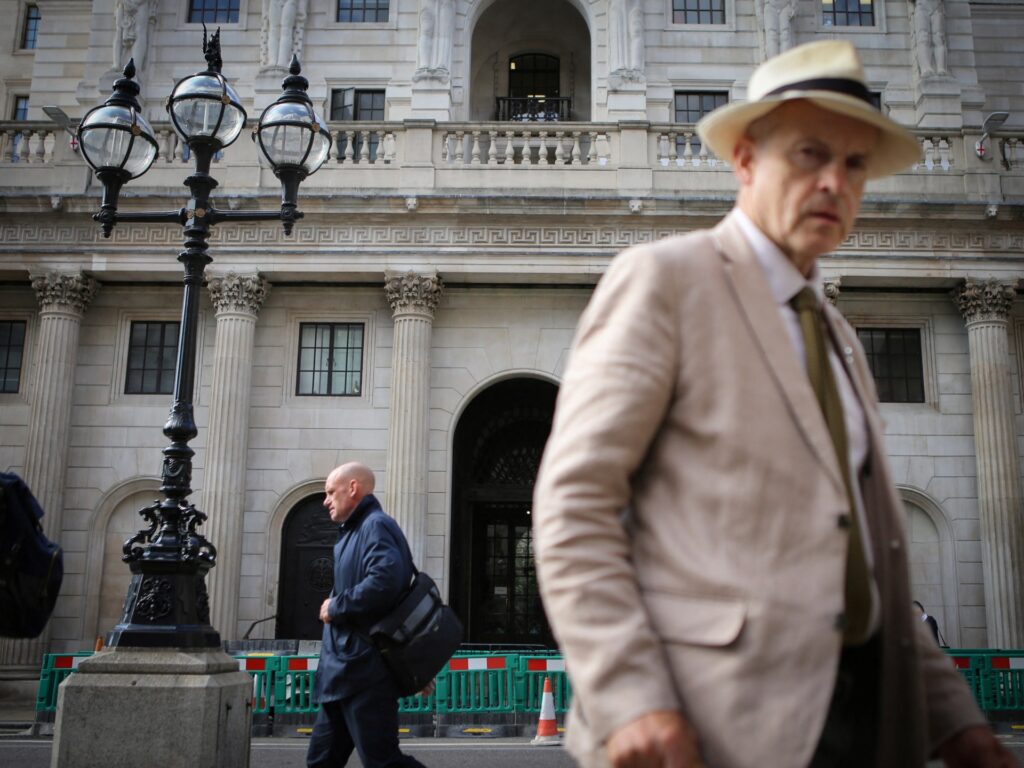
London, United Kingdom – As the UK approaches its annual budget announcement, speculation is rife about whether the superrich are leaving the country due to tax policies. David Lesperance, a Canadian wealth adviser based in Poland, is currently assisting a British client, John*, who is planning to relocate to Dublin before November 26. This move is strategically timed ahead of Chancellor Rachel Reeves’ budget presentation, which will outline the Labour government’s fiscal plans for the coming year.
John, who wishes to remain anonymous, is looking to sell his company, valued at approximately £70 million ($92 million), and is keen to avoid a significant capital gains tax bill. With his children attending university, relocating is feasible, and he aims to benefit from Ireland’s non-domiciled tax regime, which exempts him from certain taxes. “We’ve been moving fast to organise his immediate departure to Ireland,” said Lesperance. “With higher taxes looming, the costs of leaving early are a rounding error.”
High-Profile Departures and Tax Concerns
John is not alone in his decision. Recently, footballer Rio Ferdinand moved to Dubai, citing tax as a motivating factor. Similarly, Egyptian billionaire and Aston Villa co-owner Nassef Sawiris has shifted his residency to Italy and the United Arab Emirates, expressing that many in his circle are considering similar moves. Herman Narula, founder of the tech company Improbable and one of Britain’s richest young entrepreneurs, announced his relocation to Dubai, citing concerns over the UK’s business environment and potential exit taxes.
In a recent open letter to Chancellor Reeves, over a dozen wealthy business owners, including Nick Wheeler of Charles Tyrwhitt and jewellery designer Annoushka Ducas, expressed alarm over the potential impact of tax policies on entrepreneurs. “There is alarming evidence that some entrepreneurs are leaving the UK,” the letter stated, urging the government to consider the cumulative effects of its policies.
Speculation and Reality: The Impact of Tax Reforms
The anticipation surrounding the upcoming budget is palpable, with many speculating about possible changes to property, income, and pension taxes. The Labour government’s previous budget sparked outrage among high earners, who felt overburdened by taxes. “Last year’s Budget measures, including changes to Capital Gains Tax, Entrepreneur’s Relief, and Employer National Insurance, have increased costs for many entrepreneurs,” the open letter noted.
However, experts caution against overestimating the exodus of wealthy individuals. Mark Bou Mansour from the Tax Justice Network highlighted that official data does not support claims of a mass departure. “The most recent tax data on wealthy individuals with non-dom status from HMRC shows that the number of non-doms leaving the UK is in line with or below official forecasts,” he said. Mansour emphasized that discussions about the superrich fleeing due to taxes can overshadow the broader implications of not taxing extreme wealth.
“There’s plenty of strong evidence showing that the superrich don’t choose to relocate just to pay less tax,” said Mansour.
Weighing the Costs and Benefits
The narrative of a wealthy exodus has been fueled by reports from firms like Henley & Partners, although these reports have faced criticism for flawed methodologies. Despite this, Lesperance maintains that he has assisted several clients in leaving the UK since Labour took office, arguing that their departure could significantly impact tax revenues. “The tax contribution of a non-dom is about £220,000 ($289,000) a year, which is about six or seven times the UK average,” he explained.
Michelle White of Rathbones wealth management firm provides a contrasting perspective, noting that while her clients are internationally mobile, most have chosen to remain in the UK. “Since some of these articles started coming out saying the floodgates are open, we haven’t seen that,” she said, citing the UK’s schools, legal system, and business environment as significant pull factors.
For those considering leaving, the decision often hinges on business ventures abroad or impending sales that could incur capital gains taxes. However, many ultimately decide to stay, valuing quality of life and long-term planning over immediate tax savings. “Tax is one thing, but quality of life and how you actually want to live as a family often overrides the tax aspect,” White concluded.






